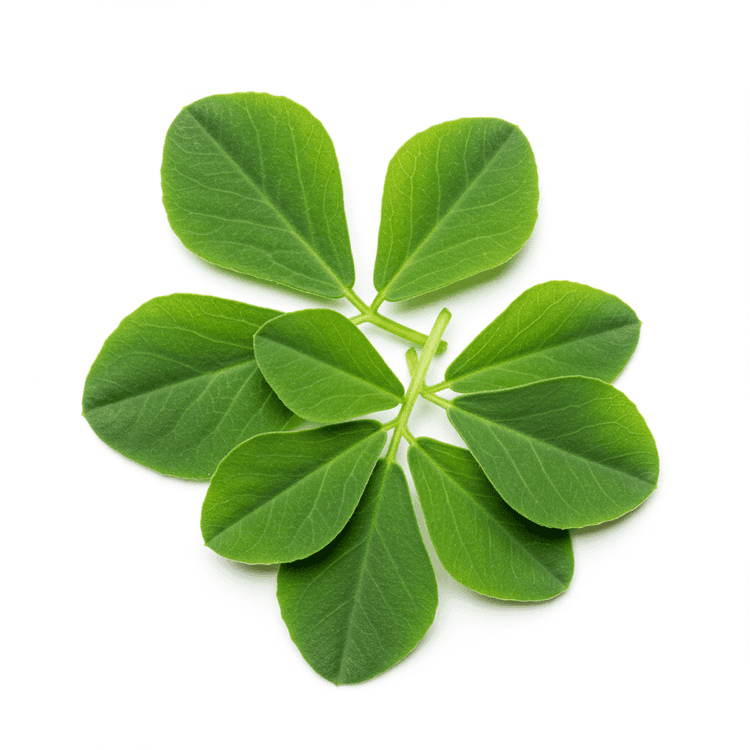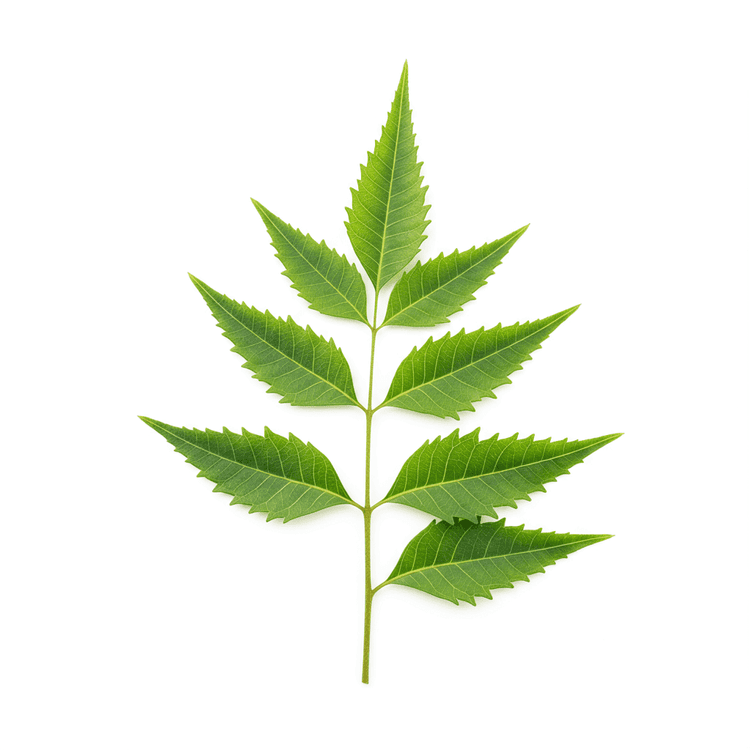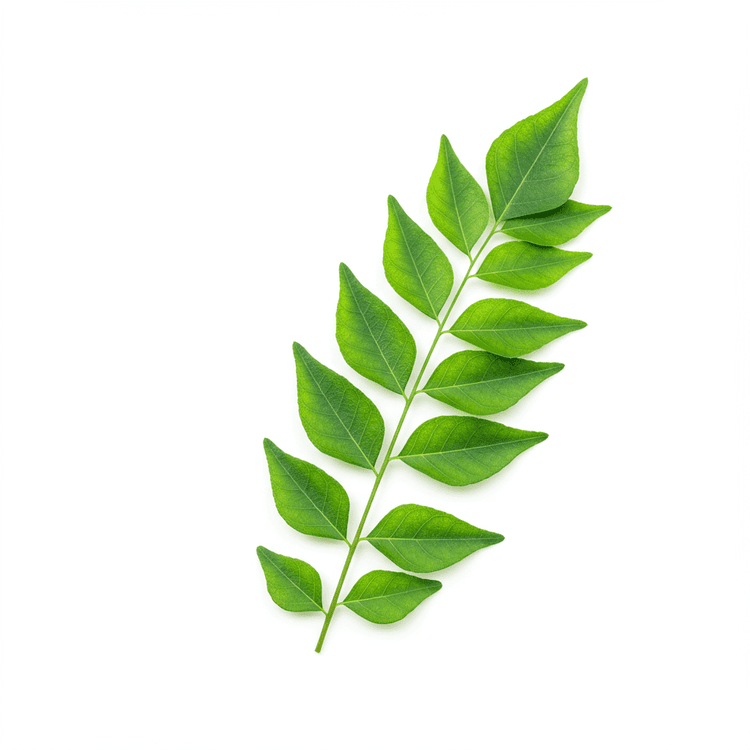
Fenugreek Leaf
Fenugreek leaf, also known as 'methi' in Indian cuisine, is a vibrant green herb with a slightly bitter, nutty flavor and a soft, tender texture. Its distinctive aroma and earthy taste make it a popular ingredient in South Asian, Middle Eastern, and Mediterranean cooking. Fresh fenugreek leaves are small and oval-shaped, while dried fenugreek leaves, often called 'kasuri methi,' are crumbled and have a more concentrated flavor. This nutrient-rich herb is prized for its culinary versatility and health benefits, making it a staple in many traditional recipes.
Common Uses
- Add fresh fenugreek leaves to curries and stews for a subtle, earthy flavor that complements spices like cumin and coriander.
- Use dried fenugreek leaves (kasuri methi) to enhance the taste of creamy dishes like butter chicken or paneer makhani by sprinkling them in during the final stages of cooking.
- Incorporate fenugreek leaves into flatbreads like parathas or the dough of naan for a fragrant, herbaceous twist.
- Blend fresh fenugreek leaves into lentil soups or dal recipes to add depth and a hint of bitterness.
- Sauté fenugreek leaves with garlic, onions, and spices to create a simple yet flavorful side dish.
- Mix chopped fenugreek leaves into salads or stir-fries for a nutritious boost and a unique flavor profile.
Nutrition (per serving)
Nutrition (per serving)
Calories
49.0kcal (2.45%)
Protein
4.4g (8.8%)
Carbs
6.5g (2.36%)
Sugars
0.0g
Healthy Fat
0.8g
Unhealthy Fat
0.2g
% Daily Value based on a 2000 calorie diet
Nutrition (per serving)
Calories
49.0kcal (2.45%)
Protein
4.4g (8.8%)
Carbs
6.5g (2.36%)
Sugars
0.0g
Healthy Fat
0.8g
Unhealthy Fat
0.2g
% Daily Value based on a 2000 calorie diet
Health Benefits
- Rich in antioxidants, fenugreek leaves support overall wellness and are often included in balanced diets.
- A good source of iron, they can help boost iron intake when incorporated into meals.
- Known for their slightly bitter and earthy flavor, they enhance the taste of curries, stews, and flatbreads.
- Often used in traditional cuisines for their aromatic properties and to add depth to vegetarian and vegan dishes.
- Low in calories, making them a great addition to weight-conscious meal plans.
Substitutes
Chefadora AI is here.
Experience smarter, stress-free cooking.
Storage Tips
Fresh fenugreek leaves should be wrapped in a damp paper towel and stored in a perforated plastic bag in the refrigerator, where they can last for up to a week. For longer storage, you can freeze the leaves by blanching them briefly in boiling water, then cooling and storing in an airtight container or freezer bag. Dried fenugreek leaves should be kept in an airtight container in a cool, dark place to maintain their flavor and aroma.
Marnirni-apinthi Building, Lot Fourteen,
North Terrace, Adelaide, South Australia, 5000
Australia


